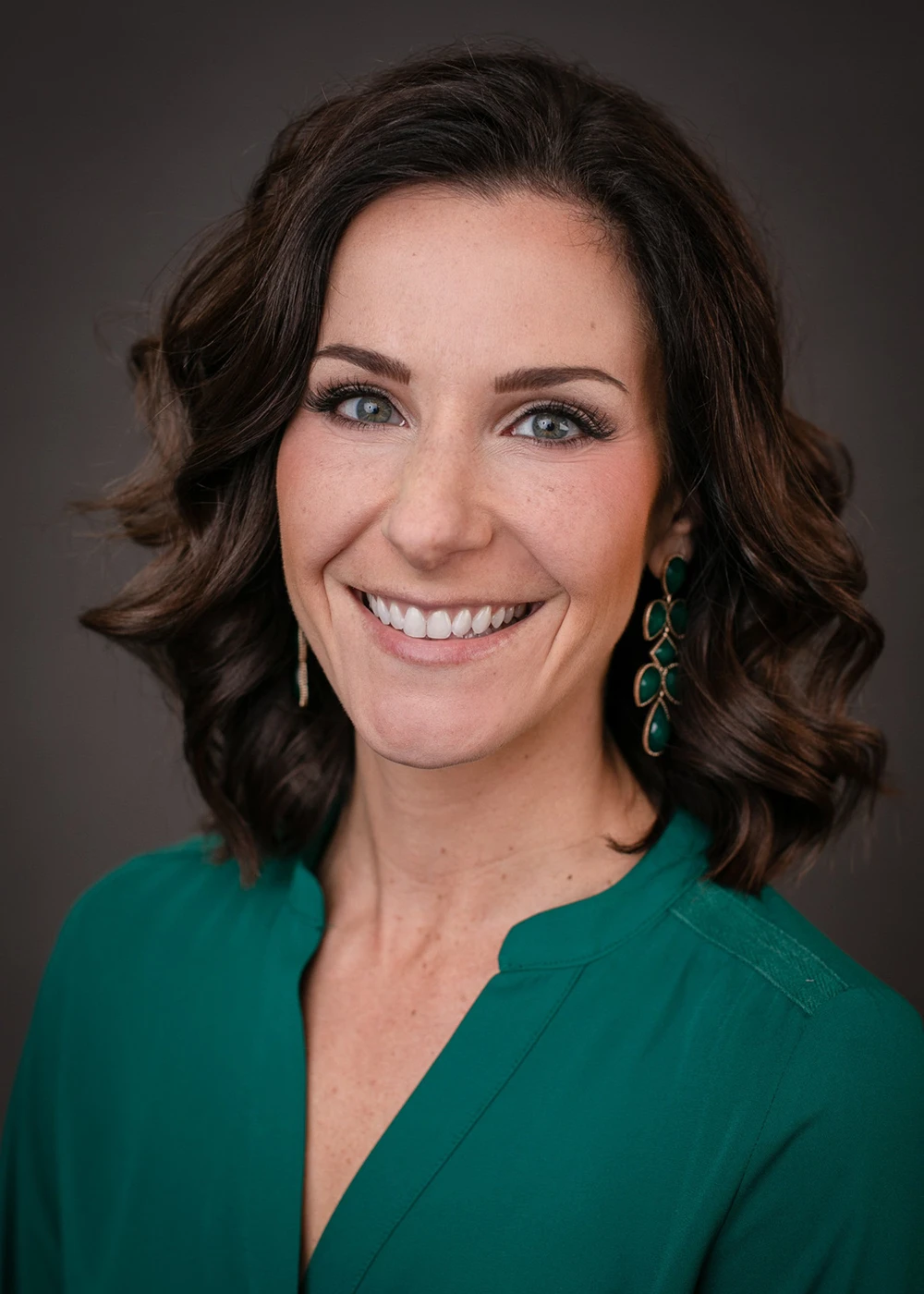





The Meaning of Care Magazine
More Than a Pandemic Problem: Providing Hope Amid an Adolescent Mental Health Crisis
Published: March 16, 2022
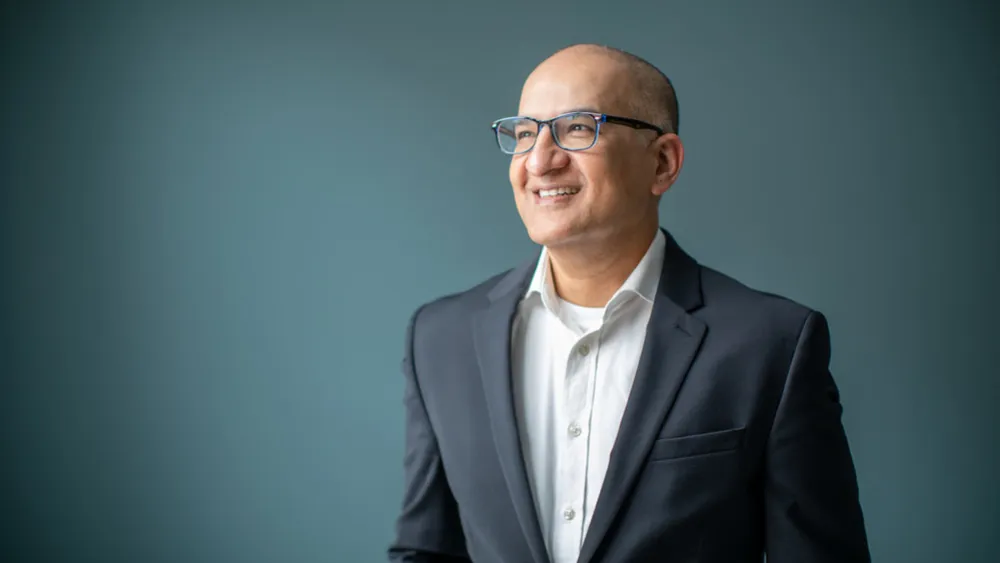
The slight chill in the air was the last thing on Nicole Harstad’s mind as she rushed home from work in October 2019 to get her 13-year-old daughter, Zoey, to dance class on time.

But it wasn’t long before things grew colder.
“Zoey just – for whatever reason – felt like she needed to show me what she had done,” Nicole recalled as she broke down in tears. “She had taken a pair of scissors to her wrist.”
Emergency Intervention
Zoey never made it to dance that night.
Thanks to her mother, she ended up in the warm, compassionate care of Mallorie Blum, RN, a psychiatric clinical assessment coordinator at the Methodist Jennie Edmundson Hospital Emergency Department (ED).
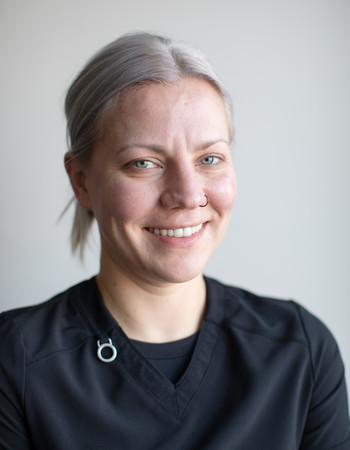
“Jennie has this wonderful thing – me,” Blum said. “Not me, specifically, but this position. No other hospital in the area has it. From the moment a psychiatric patient walks into our ED, they have someone to just be with them, help them, answer their questions and connect them to the appropriate resources if they don’t meet inpatient criteria. It creates a much more smooth, less terrifying experience.”
“I was scared at first,” Zoey said. “I didn’t want to get sent away from my family. But once I started talking to her, she told me how much my mom loves me.”
“And she assured me that I was a wonderful mother – like this wasn’t because I had done anything wrong,” said Nicole, a single mother of three. “Because when you’re in that position, you feel like you’ve failed your child – like you’re the reason they’re there.”
Blum referred Nicole and Zoey to psychiatrist S. Pirzada Sattar, MD, the medical director of the Methodist Jennie Edmundson Behavioral Health Unit and Inroads to Recovery, an outpatient mental health facility in Omaha.
“There’s a stigma surrounding mental health patients – that they’re difficult or not as sick as someone who comes into the ED with say, a heart attack,” Blum said. “But the truth is they’re experiencing just as much pain and suffering. Dr. Sattar is the best. And just like anyone who comes into our ED, that’s what these patients deserve.”
Understanding the Need
Dr. Sattar, who specializes in addiction, isn’t trained in child psychiatry. Not many people in the area are, he said, and that’s a problem.
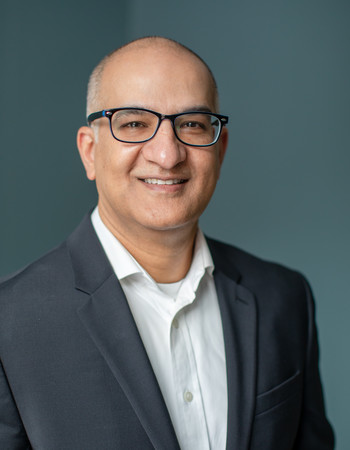
“The waiting period for a child psychiatrist is often three to six months – just for the initial visit,” he said. “If you had a medical problem – some kind of abnormal growth or chest pain – and you had to wait months to be seen, that could be life-threatening. The same is true for mental health. These families can’t afford to wait that long.”
After about a year of regular outpatient appointments with Dr. Sattar, Zoey had become more mentally and emotionally stable. But it wasn’t long before the COVID-19 pandemic caused significant regression of her improvement.
“I didn’t get to see anybody,” Zoey said. “I invited people to my 15th birthday party in April, but because of COVID, nobody wanted to come. And because dance had stopped, I couldn’t do that anymore either. But I feel like the scariest thing was worrying about my family – my great-grandma. I didn’t want them to get sick.”
Zoey wasn’t alone in her fears and feelings of isolation – things Dr. Sattar attributes to the dramatic COVID-related uptick he’s seen in cases of adolescent anxiety and depression. Globally, pediatric depression and anxiety have doubled during the pandemic.
“Most adults have lived through difficult times,” Dr. Sattar said. “The experience of life itself offers hope – that if we can keep going, something good will eventually come. Children haven’t lived long enough. They don’t know if things will get better.”
“There Is Hope”
Now, more than ever, Dr. Sattar encourages parents to look for warning signs in their children, including drastic changes in mood, behavior and academic performance. He said children are really good at asking for help. But because of underlying biases many adults still have against seeking mental health treatment, they don’t often recognize a child’s plea.
“If we, as parents, are ignoring the signs and symptoms of anxiety and depression, we’re going to delay seeking help until something more serious happens,” he said. “What if that one time a child decides to cut themselves, they cut a critical area or go too deep? Hindsight is always 20/20. Sure, you can kick yourself after the fact, like, ‘Oh, my gosh! How did I miss this?’ But these are unprecedented times – we’re dealing with a lot. It can be easy to miss things. We have to have better recognition and take all the seemingly little things a little more seriously.”
Identifying a problem is the first step, he said. Asking for help from all available resources comes next. Primary care providers can make therapy referrals and prescribe medication if necessary. And emergency providers are equipped with the necessary training and resources to address more serious situations. The Methodist Hospital Community Counseling Program is open to any individual and places licensed independent mental health practitioners in Omaha Public Schools – every high school, middle school and alternative program – as well as various churches and community centers in Omaha.
“There are so many resources that can at least get the process started,” Dr. Sattar said. “There is hope.”
And that’s exactly what Zoey – who’s recently been able to come off antidepressant medication – has found through Dr. Sattar over the last several months.
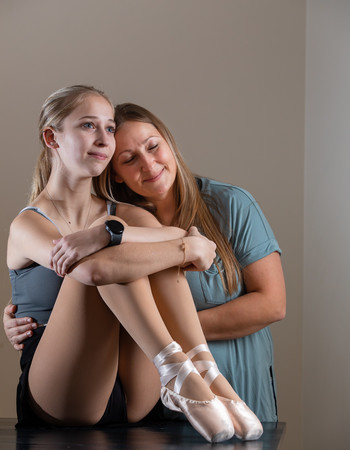
“I honestly don’t know where we’d be if I hadn’t taken her to Jennie that night – if we were never introduced to Dr. Sattar and his team,” Nicole added.
And because of families like Nicole’s, Dr. Sattar is dedicated to continue filling such a dire need with the best medicine in his arsenal: The Meaning of Care.
“I’m not sure if I can help these individuals,” he said, choking up as he continued. “But I’m not about to stop trying. As physicians, it’s our role and responsibility to, first, do no harm. But we have to remember that lack of action can be incredibly harmful in itself. If we don’t address this right away, we’re allowing an entire generation of kids the opportunity to miss out on the beauty that life has to offer.”
Adult inpatient services are offered at Jennie Edmundson and Methodist Fremont Health. Our highly trained team of experts offers electroconvulsive therapy (ECT), one of the most advanced treatment options available for conditions that don’t respond to medication.
If you feel that you or someone you love is in danger, call 911 or the National Suicide Prevention Lifeline at (800) 273-8255.
More Resources
- Read more from the spring 2022 issue of The Meaning of Care Magazine.
- Learn more about Methodist’s behavioral health services.
- Learn more about Methodist’s emergency services.
- Learn more about services offered through Inroads to Recovery.

